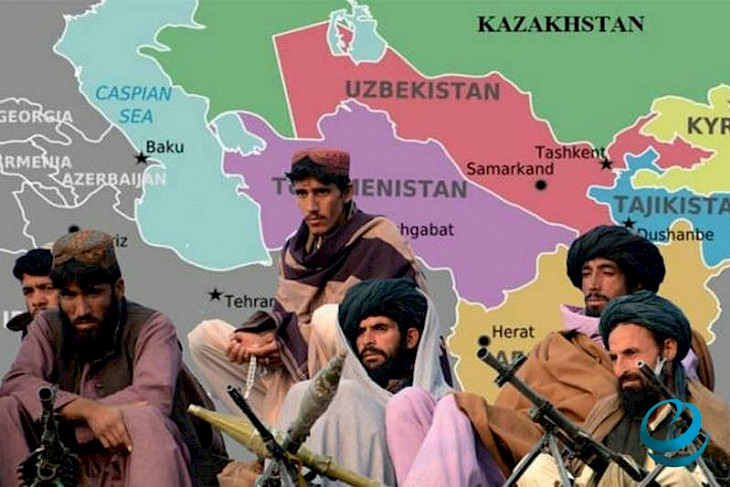Recent floods in Afghanistan have led to significant changes in the country's border areas, affecting sections of the border with Uzbekistan, Turkmenistan, and Tajikistan.
The natural disaster necessitates a reassessment of borders with neighboring countries, stated Abdul Latif Mansur, head of the Ministry of Energy and Water Resources of the Islamic Emirate, reports Kun.uz.
According to a statement from a high-ranking representative of the Islamic Emirate of Afghanistan, the Afghan government has initiated a comprehensive process of re-evaluating and possibly redefining state borders.
To carry out this task, an interdepartmental commission has been created, including representatives of key security structures and the country's diplomatic department.
Farooq Azam, an advisor to the minister of energy and water resources of the emirate, emphasized that the new demarcation would be conducted considering historical borders, but using modern approaches and technologies. He also assured that Afghanistan does not aim to harm neighboring states.
The statement particularly emphasized water usage issues. Kabul plans to implement large-scale hydraulic projects to achieve water independence but promises not to increase water consumption at the expense of neighbors.
It is important to note that there are currently no official agreements on the distribution of water resources between Afghanistan and Central Asian countries.
This situation is particularly relevant for Uzbekistan, whose border with Afghanistan runs along the Amu Darya River. The details of the "new strategy" for demarcation have not yet been disclosed, causing some concern.
Parallel to these events, the implementation of a major irrigation project in Afghanistan continues - the construction of the Qosh Tepa canal, which will be supplied with water from the Amu Darya.
The second phase of this significant regional project is already halfway completed, and its launch is expected soon.
It is worth noting that earlier, at the end of November last year, the Taliban formed a special unit to guard the Qosh Tepa canal. It is subordinate to the National Public Protection Force (NPPF), reports Tolonews.
Meanwhile, Acting Afghan Defense Minister Mohammad Yaqub promised to "by all means" ensure the safety of the Qosh Tepa canal.
These events could significantly impact the geopolitical and ecological situation in Central Asia, requiring close attention and diplomatic efforts from all interested parties.
CentralasianLIGHT.org
August 7, 2024

